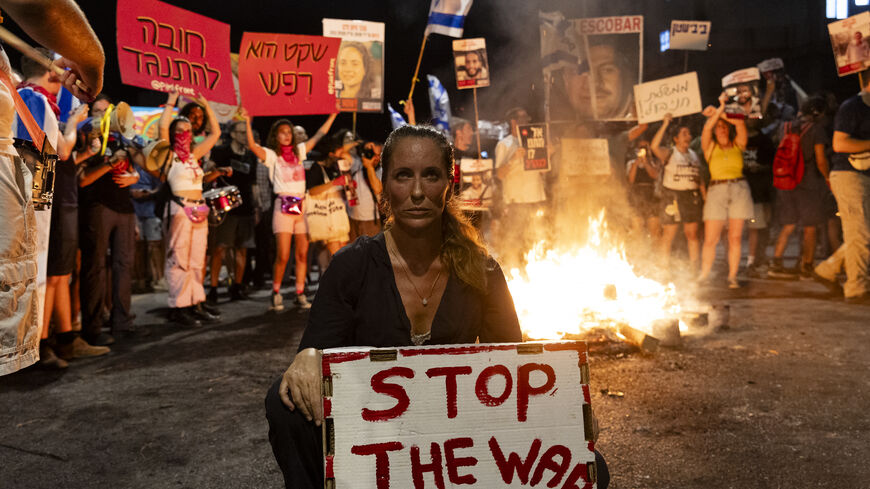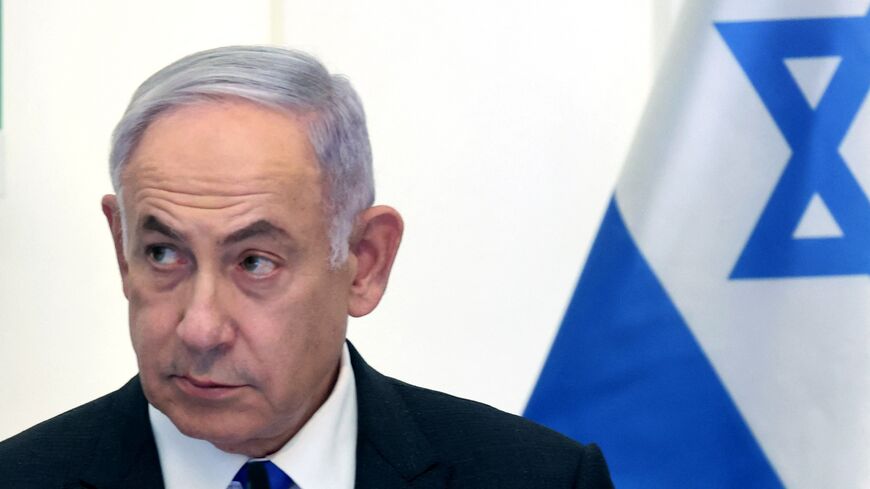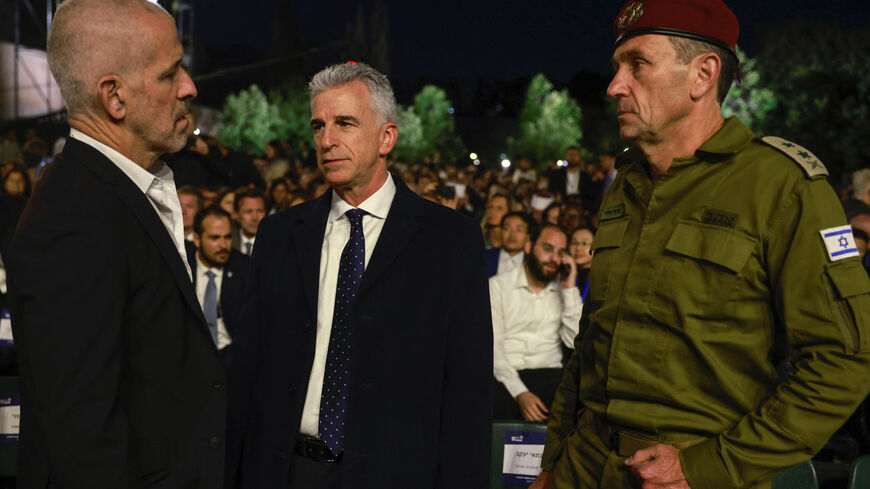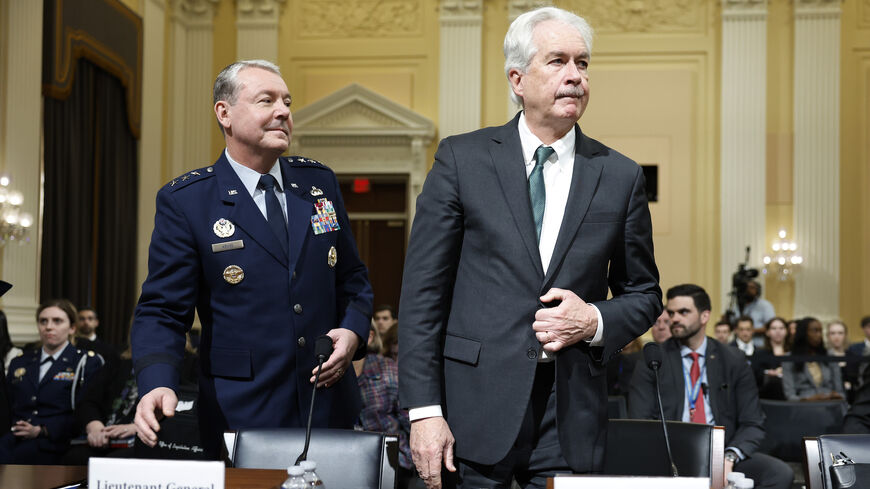US rebuts Netanyahu’s ‘inaccurate’ claim UN abstention scuttled hostage talks
Prime Minister Benjamin Netanyahu accused the US of a shift in policy, saying its failure to veto a UN Security Council resolution on a Gaza cease-fire encouraged Hamas to reject a proposed hostage-release deal.

Israel and the United States traded accusations Tuesday after the United States abstained from a UN Security Council resolution on Monday calling for a cease-fire in Gaza. Israel's prime minister, Benjamin Netanyahu, claimed the resolution failed to condition a cease-fire on the release of hostages held by Hamas, adding that the US failure to veto the resolution, as it had on three previous occasions, encouraged Hamas to dig in its heels and derailed ongoing talks.
Netanyahu said Tuesday in a statement that the decision by Hamas to reject a US-brokered compromise was “clear proof it is not interested in continuing talks, and a sad testament to the damage caused by the UN Security Council resolution.” The statement claimed that the UN resolution emboldened Hamas, serving to reinforce its “extreme demands." It also said that "Hamas rebuffed all US offers for a compromise, while celebrating the Security Council's resolution."
Hamas said in a statement on its Telegram channel that "the occupation’s response did not respond to any of the basic demands of our people and our resistance," adding that "Netanyahu and his extremist government bear full responsibility for thwarting all negotiation efforts and obstructing reaching an agreement so far."
The Biden administration, for its part, said there has been no change in US policy relating to its demand for an immediate cease-fire and hostage-release deal.
US, Qatar reject Netanyahu’s claim
The Biden administration vehemently denies the Israeli government's claim that the Qatar talks were derailed by the UN resolution. The White House said that Hamas' rejection was in the works well before the UN vote took place. One senior Biden administration official told the Times of Israel that Prime Minister Netanyahu's claim "is inaccurate in almost every respect and unfair to the hostages and their families."
Doha also chimed in, backing the US position. "We haven't seen any immediate effect on the talks. They are ongoing as they were before, as the [UN] decision was taking place," Qatar Foreign Ministry spokesperson Majed Al-Ansari said during a press conference in Doha on Tuesday.
Talks at an impasse, but not collapsed
The US-Israel diplomatic crisis comes after Israel recalled on Sunday its negotiating team from Doha when Hamas rejected the latest US-backed offer for a Gaza cease-fire and hostage-release deal. Still, according to Haaretz, a few members of the Israeli team remain in Qatar to continue negotiations. A source close to the talks told Haaretz that while talks seem to have reached a stalemate, the deal has not collapsed all together.
Meanwhile, Ynet reported that on Sunday Mossad chief David Barnea ordered the negotiating team to return to Israel from Qatar after Hamas rejected the proposal that Israel had agreed to. Ynet quoted an unnamed political source saying that Netanyahu had established red lines for the talks and that after the negative response by Hamas, it was clear to Barnea that talks had reached an impasse.
Israeli media reported that following American pressure, Israel agreed on Saturday to additional compromises, and, as such, the deal currently on the table, rejected by Hamas, apparently includes the return of 40 hostages (out of 134) in exchange for 700 to 800 Palestinians held in Israeli prisons. This is a ratio of one hostage for about 15 Palestinian prisoners. Around 100 of the prisoners set to be released would be people convicted of murdering Israeli civilians.
According to a Reuters report on Monday, Hamas informed the mediators working on the hostage deal that it would maintain its original position regarding a cease-fire, namely a full withdrawal of Israeli troops from the Gaza Strip, with an enduring cease-fire that would enable Palestinians to return to the northern part of the Strip. Hamas also wants a greater number of Palestinian prisoners released and to decide exactly who is on the list.
Only Sinwar decides
Israeli experts estimate that Hamas' Gaza leader, Yahya Sinwar, is the only one from Hamas’ side making the decisions over the Qatar talks. That partly explains why Hamas' response to the proposals is delayed: Sinwar is believed to be hiding in Gaza's labyrinth of underground tunnels.
Israeli President Isaac Herzog said on Tuesday that Israel must catch Sinwar "dead or alive" so that all the hostages could be returned. "Everything begins and ends with Yahya Sinwar," he said.







